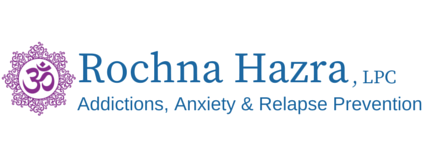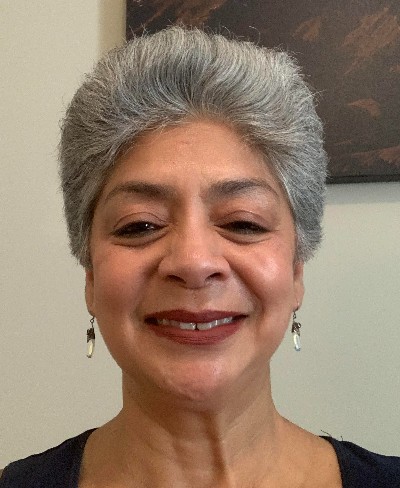Maria left her alcoholic husband two years ago. She had been in denial of the addiction for years. The whole process was unbearably painful and even now Maria continues to struggles with occasional depression. Anniversaries are particularly hard. But with the help of her therapist and the Al-Anon program, Maria has built a support network that has helped her tremendously. She has begun to put her 8 year marriage behind her. Recently, Maria has begun to date a wonderful, charming man who treats Maria well, has a stable job and loves to spend time with Maria and her friends.
Denial:
Maria is excited about her life and her therapist is very happy for her. But Maria does not tell her therapist about what has begun to disturb her recently. As her boyfriend has begun to spend weekends at her apartment, Maria is missing some Xanax and Ambien. Maria counted them again and again, just to be sure. At first she dismissed it thinking that she must have taken more than she remembered. But the nagging doubts remain. Maria asks herself, “what if he has slipped a few of my pills? Is it really a deal-breaker? Is it even a bad thing? After all, it means that I don’t take as many pills and work through with my anxiety and insomnia without pills. In a way, he is helping me”.
Justifying and Rationalizing:
Is Maria justifying her boyfriend’s behaviors? You may say YES and you may want to explain to Maria why she needs to leave this man, Now. But do you really believe that Maria doesn’t know all of this in her gut. Why do you think she fails to mention these doubts to her therapist? She knows that what her boyfriend is doing is indicative of addictive behavior. Maria is engaging in what I call willful denial.
Its not even that Maria does not want to hear what her therapist thinks about all this. Maria really does not want to hear herself saying these things. Hearing herself will make it very difficult to remain in denial.
If you are not telling your therapist something, that’s ok. You don’t have to. Just pay attention to what you are avoiding because you already know that it is a problem. You just don’t want to deal with it. You want to stay in the fantasy that if you don’t look at it, then its not really there.
About Rochna: Rochna Hazra is trained in Marriage and Family Therapy at Virginia Tech. She includes the emotional, psychological, spiritual and family aspects of a person in her work. Originally from India, she combines the Eastern traditions of mindfulness, non-judgment and a holistic approach to healing with the Western approach of realism and solution-focused action.
Rochna has extensive knowledge, training and knowledge in Addictions.
Rochna is also a Certified Advanced Relapse Prevention Specialist and trained in Sex Addiction and Mindfulness-based Therapy and Relapse Prevention.
Click here to learn more about:
Alcoholism & Families struggling with Addictions and my practice in Leesburg, Virginia


